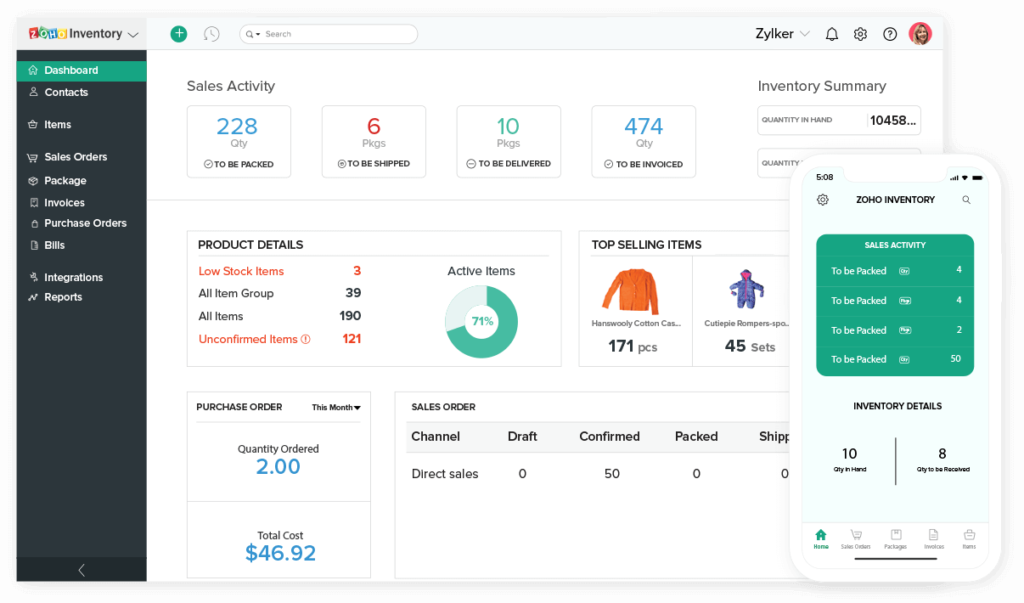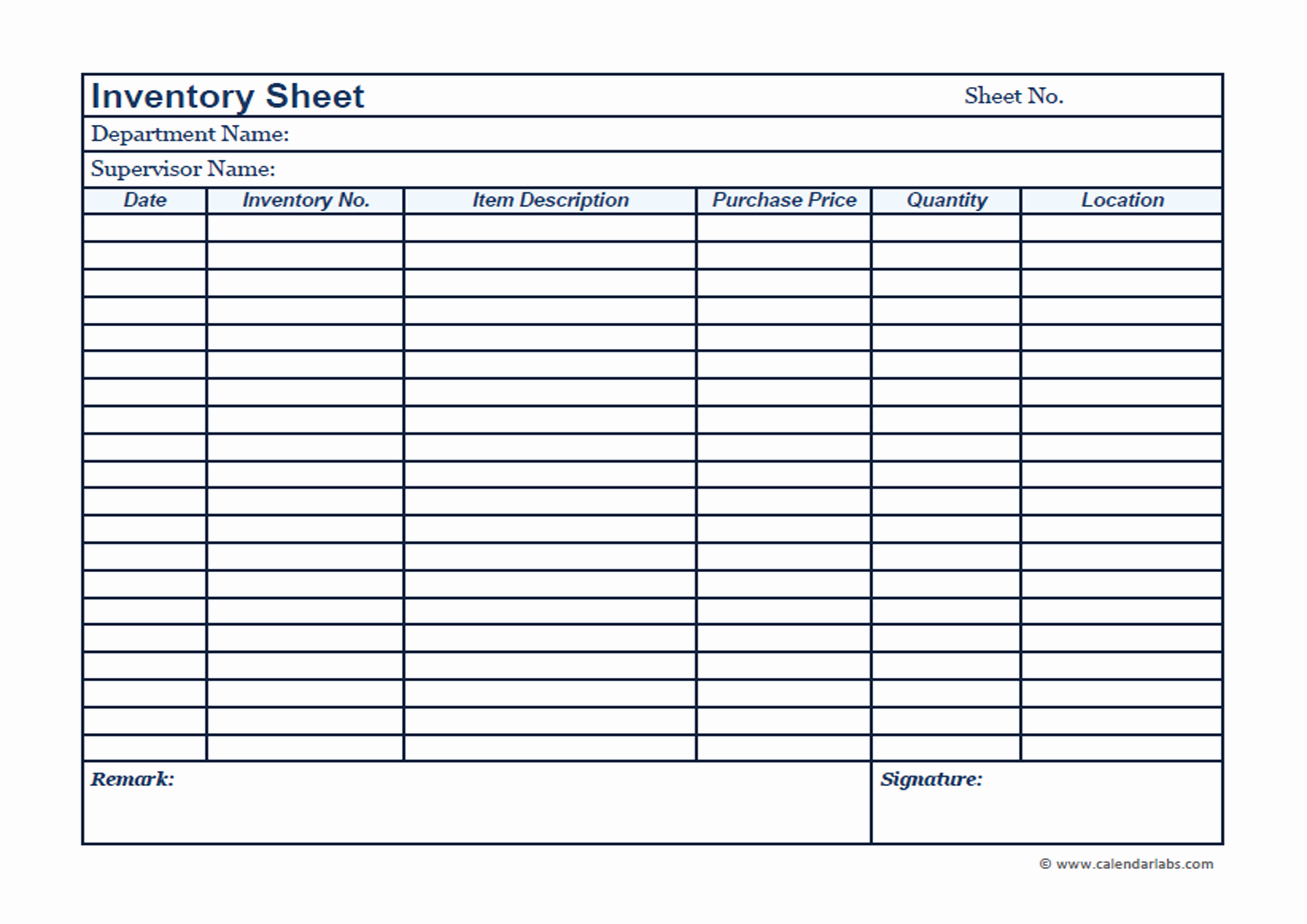Inventory sales software small business – Inventory sales software for small businesses is an indispensable tool that can streamline operations, improve efficiency, and boost profitability. With its advanced features and user-friendly interfaces, this software empowers small businesses to manage their inventory, track sales, and optimize their supply chain like never before.
From cloud-based solutions to on-premises systems, there are various types of inventory sales software available, each with its own advantages and disadvantages. Understanding the key considerations, such as business size, industry, and budget, is crucial for selecting the software that best meets the specific needs of your small business.
Small Business Inventory Sales Software Overview
Inventory sales software can be a powerful tool for small businesses, providing a centralized platform to manage inventory, track sales, and generate reports. Key features include:
- Inventory management: Track inventory levels, set reorder points, and receive alerts when stock is low.
- Sales tracking: Record sales transactions, apply discounts, and generate invoices.
- Reporting: Create customized reports on inventory levels, sales performance, and other key metrics.
These features can streamline operations and improve efficiency in several ways:
- Reduce manual tasks: Automate inventory tracking and sales processing, freeing up time for other tasks.
- Improve accuracy: Reduce errors by eliminating manual data entry and calculations.
- Gain insights: Track sales trends and inventory levels to make informed decisions about purchasing and pricing.
Overall, inventory sales software can help small businesses improve efficiency, increase accuracy, and make better decisions.
Types of Inventory Sales Software
Inventory sales software comes in various types, each with its own advantages and disadvantages. Understanding these types can help businesses make informed decisions based on their specific needs.
Cloud-Based Inventory Sales Software
Cloud-based software is hosted on remote servers, allowing users to access it from any device with an internet connection.Advantages:
Accessibility
Can be accessed from anywhere with internet
Reduced IT costs
No need for on-site hardware or maintenance
Automatic updates
Software updates are handled by the providerDisadvantages:
Internet dependency
Requires a stable internet connection
Security concerns
Data is stored on third-party servers
On-Premises Inventory Sales Software
On-premises software is installed on the business’s own servers, giving them complete control over the data and software.Advantages:
Data security
Data is stored locally, reducing security risks
Customization
Can be tailored to the specific needs of the business
No ongoing subscription fees
Purchased outright, no recurring costsDisadvantages:
High upfront costs
Requires investment in hardware, software, and maintenance
Limited accessibility
Can only be accessed from within the business network
Manual updates
Software updates must be installed manually
Mobile Inventory Sales Software
Mobile software is designed specifically for use on smartphones and tablets, allowing sales representatives to manage inventory and sales on the go.Advantages:
Real-time updates
Inventory and sales data is updated in real-time
Improved customer service
Sales reps can access customer information and place orders on the spot
Increased sales
Enables sales reps to capture orders anytime, anywhereDisadvantages:
Limited functionality
May not offer the same features as desktop software
Data security
Requires careful attention to device security
Battery life
Can drain device battery quickly
Key Considerations for Selecting Inventory Sales Software

When choosing inventory sales software, it’s crucial to consider your business size, industry, and budget. Small businesses may prioritize ease of use and affordability, while larger enterprises might require advanced features and scalability. Industry-specific software caters to unique business needs, such as specialized inventory management for manufacturing or retail.
Evaluating Software Criteria
Evaluate software based on its ability to:
-
-*Manage inventory accurately
Track stock levels, prevent overselling, and optimize inventory levels.
-*Automate processes
Streamline tasks like order processing, invoicing, and shipping.
-*Provide reporting and analytics
Generate insights into inventory performance, sales trends, and customer behavior.
-*Integrate with other systems
Connect with accounting, CRM, and e-commerce platforms for seamless data flow.
Implementation and Integration
Implementing and integrating inventory sales software requires careful planning and execution. The process typically involves several steps:
- Data Migration:Transferring existing inventory data into the new software system. This step requires careful data mapping and validation to ensure accuracy and completeness.
- User Training:Educating users on the software’s functionality and best practices. This training should cover both technical aspects and business processes to ensure seamless adoption.
- Integration with Existing Systems:Connecting the inventory sales software with other business systems, such as accounting, CRM, and e-commerce platforms. This integration ensures data consistency and streamlines business operations.
- Ongoing Maintenance:Regularly updating and maintaining the software to address bug fixes, security patches, and new features. This ensures the software remains functional and meets changing business needs.
Best Practices
To ensure a smooth implementation and integration, follow these best practices:
- Establish a Clear Implementation Plan:Artikel the project scope, timeline, and responsibilities to ensure a coordinated effort.
- Involve Key Stakeholders:Engage users, IT staff, and management throughout the process to gather input and address concerns.
- Test Thoroughly:Conduct thorough testing to identify and resolve any issues before the software goes live.
- Provide Ongoing Support:Offer ongoing support to users after implementation to address questions and troubleshoot any challenges.
Best Practices for Using Inventory Sales Software: Inventory Sales Software Small Business
Optimizing the use of inventory sales software is crucial for maximizing efficiency and accuracy in inventory management, order processing, and customer service. By implementing best practices, businesses can harness the full potential of their software and achieve optimal results.
Inventory Management, Inventory sales software small business
Maintain accurate inventory levels by regularly updating stock counts and adjusting for discrepancies. Utilize features such as barcode scanning and automated inventory tracking to minimize errors and ensure real-time visibility into inventory levels.
Order Processing
Streamline order processing by automating tasks such as order entry, inventory allocation, and shipping. Integrate with other systems, such as e-commerce platforms or shipping carriers, to ensure seamless order fulfillment and tracking.
Customer Service
Provide excellent customer service by accessing real-time inventory information to answer customer inquiries promptly and accurately. Utilize features like order history tracking and customer relationship management (CRM) integration to enhance customer interactions.
Case Studies and Success Stories

Real-world examples can provide valuable insights into the benefits of implementing inventory sales software. Let’s explore some success stories of small businesses that have harnessed its power.
Small Bakery Overcomes Inventory Challenges
A small bakery struggled with managing inventory, leading to stockouts and wasted ingredients. After implementing inventory sales software, they gained real-time visibility into stock levels, optimized ordering, and reduced waste by 25%. This improved efficiency and profitability.
Online Retailer Automates Order Fulfillment
An online retailer faced challenges with manual order processing, resulting in errors and delayed deliveries. By integrating inventory sales software with their e-commerce platform, they automated order fulfillment, reducing processing time by 50% and improving customer satisfaction.
Boutique Enhances Customer Experience
A boutique wanted to provide personalized recommendations to customers. By utilizing inventory sales software with customer relationship management (CRM) capabilities, they gained access to customer purchase history and preferences. This enabled them to offer tailored suggestions, increasing sales and customer loyalty.
Essential FAQs
What are the key benefits of inventory sales software for small businesses?
Inventory sales software provides numerous benefits, including improved inventory accuracy, streamlined order processing, enhanced customer service, and reduced costs.
What are the different types of inventory sales software available?
There are three main types of inventory sales software: cloud-based, on-premises, and mobile solutions. Each type has its own advantages and disadvantages, so it’s important to choose the one that best meets your business needs.
How do I choose the right inventory sales software for my small business?
When choosing inventory sales software, consider factors such as your business size, industry, budget, and specific requirements. Evaluate software based on its features, ease of use, and compatibility with your existing systems.